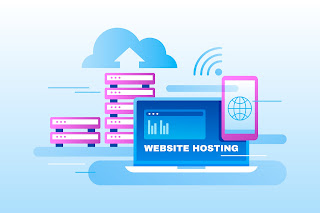Zimbra mail server features
Zimbra mail server features It is widely used around the world to manage emails, internal communications, databases and data storage by businesses of all sizes. In addition, Zimbra Mail Server is popular for its native integration on all major operating systems as well as full cross-platform support. Let's take a look at some of the key benefits of switching to a Zimbra mail server: Prevents spam Zimbra's mail server plays an important role in sorting and eliminating spam. It has intelligent spam filters that can easily delete unwanted emails. After users configure their spam filter settings, they can save time searching through spam emails. Back up important emails Zimbra Mail Server has a built-in feature that allows users to create backups of important emails. In addition to enabling this feature, users can choose how often and how frequently to perform backups. calendar The Zimbra calendar is a useful feature. It makes it easier for teams working on a project to track de...



